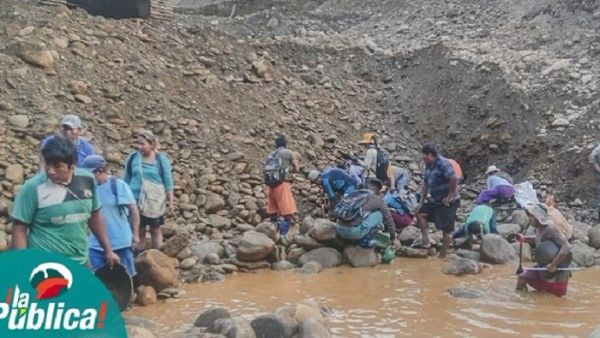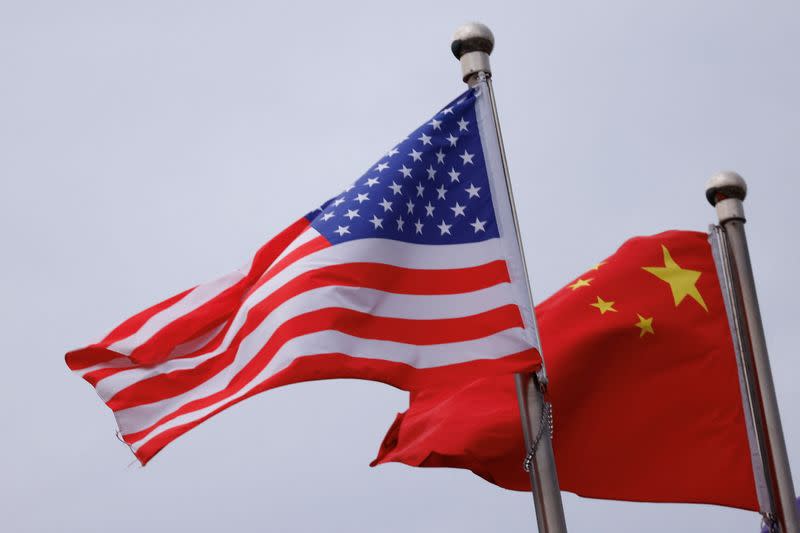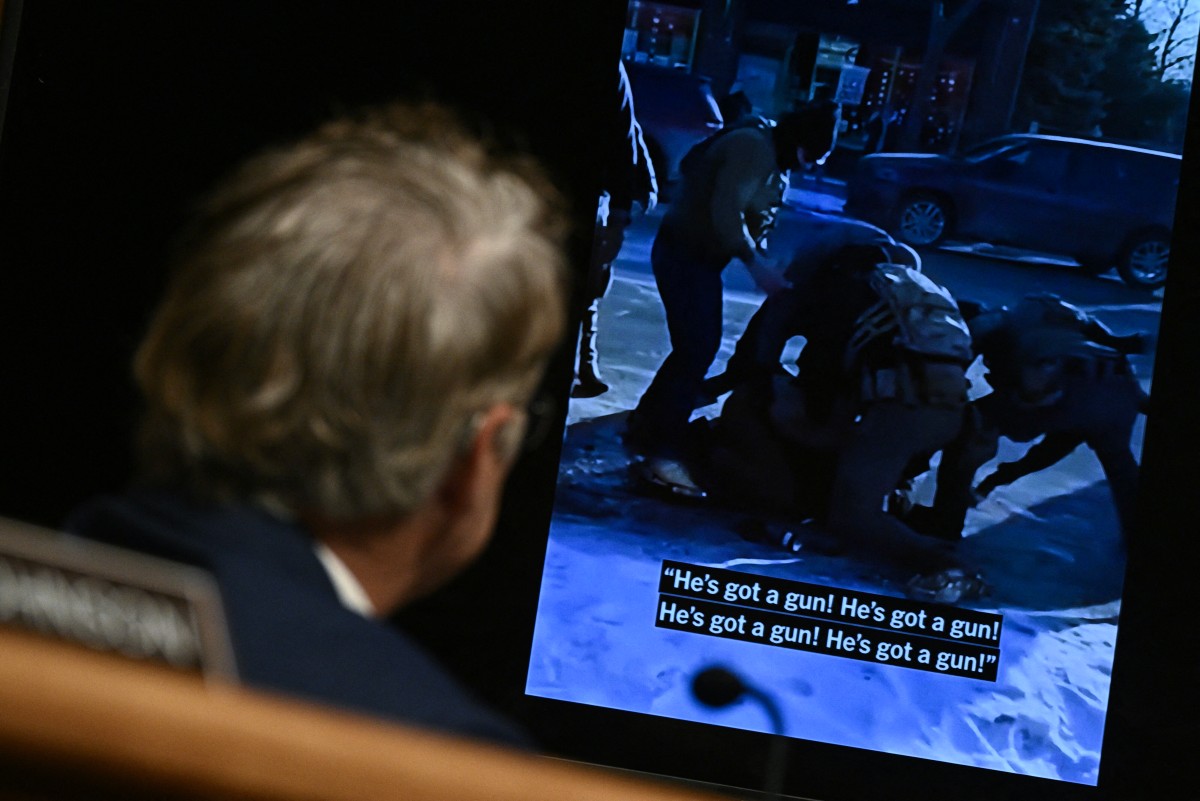International
Bolivian government declares war against illegal mining

July 18 |
Bolivia’s Minister of Health, María Renée Castro, in coordination with the Ministry of Mining and the Ministry of Environment and Water, presented on Monday a national plan with actions aimed at protecting the health of the population from the use of mercury in illegal mining.
The minister revealed that, as part of these actions, a Mercury and Health Plan was implemented, still in draft stage, designed in coordination with toxicology specialists of the Andean country, in addition to the help of representatives of the Pan American Health Organization (PAHO).
“As a national government we have a very important task that has also been an instruction from our president (Luis Arce) which has been to work for the life and health of our population,” said Minister Castro.
In another moment of her speech, she stated that “In that sense, it also has to do with the issue of mercury and the effect it has on the health of our people, especially those who live near these places where there is mining exploitation”.
Likewise, the Health Minister stated that the greatest contamination with mercury is that which is carried out through illegal mining. “That is why we are fighting against illegal mining, which has catastrophic effects on the population and the lives of our people, our environment and animals,” she emphasized.
The official stressed that unprotected interaction with mercury can cause negative effects on the development of children, pregnant women and the renal system of individuals who are in close proximity to illegal mining activities.
It also transpired that a Technical Guide for the Clinical Diagnosis, Treatment and Surveillance of Mercury Poisoning in Bolivia is being drafted, which will be revised in the next few days to be ready in August as expected.
The general objective of this Plan is to establish strategic lines for the orientation of health and medical assistance actions to achieve the reduction of the risks and harmful effects of mercury exposure in the Bolivian population.
Among its strategic lines are the evaluation and management of risk in the exposed population, the strengthening of the health system for the care of this population, risk communication, education, reduction, elimination and management of products with mercury and, finally, the management of the regulatory framework for chemical substances.
According to Minister Castro, “an inter-ministerial round table will be established to analyze this important problem that today is affecting the health of our women, pregnant women, children in the womb, adults and is also strongly affecting our biodiversity,” she said.
Finally, he informed that in the next few days interventions will be undertaken in the departments of Cochabamba and Santa Cruz to gather information in more than 36 communities, to attend to their inhabitants with medical brigades specialized in the treatment of the ailments caused by mercury exposure.
International
Florida judge sets 2027 trial in Trump’s $10 billion lawsuit against BBC

A federal judge in Florida has scheduled February 2027 for the trial in the lawsuit filed by U.S. President Donald Trump against the BBC, in which he is seeking $10 billion in damages for defamation.
Trump accuses the British broadcaster of airing a misleading edit of a speech he delivered on January 6, 2021, which, he says, made it appear that he explicitly urged his supporters to attack the U.S. Capitol in Washington.
The president filed the suit in December in federal court in Florida, alleging defamation and violations of a law governing business practices when the program was broadcast ahead of the 2024 election.
Trump is seeking $5 billion in damages for each of the two claims.
Lawyers for the BBC unsuccessfully asked the court to dismiss the case, arguing that Trump had not suffered a “legally recognizable harm,” since the investigative program Panorama, which included the edited footage, aired outside the United States.
International
Head-of-state diplomacy key to guiding China–U.S. ties, Beijing says

Head-of-state diplomacy plays an irreplaceable strategic guiding role in China–United States relations, Chinese Foreign Ministry spokesperson Lin Jian said on Thursday during a regular press briefing, when asked about high-level exchanges between the two sides.
Lin added that in a recent phone call, U.S. President Donald Trump once again expressed his intention to visit China in April, while Chinese President Xi Jinping reiterated his invitation.
Both sides remain in communication regarding the matter, the spokesperson said.
Lin noted that the essence of China–U.S. economic and trade ties lies in mutual benefit and win-win outcomes.
“Both parties should work together to implement the important consensus reached by the two heads of state, injecting greater certainty and stability into China–U.S. economic and trade cooperation, as well as into the global economy,” he said.
International
Trump administration to end special immigration operation in Minnesota

The administration of Donald Trump is bringing to a close its special operation targeting illegal immigration in the northern state of Minnesota, border czar Tom Homan announced Thursday, following weeks of unrest and the fatal shootings of two activists by federal agents.
Thousands of federal officers had been deployed to Minnesota in December to carry out large-scale raids against undocumented immigrants.
The operations triggered strong reactions from residents and advocacy groups, leading to daily confrontations and the deaths of two people who were shot by federal agents.
“I proposed, and President Trump agreed, that this special operation should end in Minnesota,” Homan said during a press conference in the state capital, Minneapolis.
“A significant drawdown began this week and will continue into next week,” he added.
Homan indicated that similar enforcement efforts could be launched in other cities.
“Next week we will redeploy the agents currently here back to their home stations or to other parts of the country where they are needed. But we will continue to enforce immigration laws,” he said.
-

 Central America4 days ago
Central America4 days agoGuatemala isolates Barrio 18 leader after attacks that killed 11 police
-

 International2 days ago
International2 days agoU.S. Health Department says CDC grants no longer match agency priorities
-

 International1 day ago
International1 day agoOver 50 Civil Groups Urge House to Impeach DHS Secretary Kristi Noem
-

 International2 days ago
International2 days agoICE Arrests Reach 379,000 Under Trump, Testimony Shows Amid Minnesota Shootings
-

 Central America1 day ago
Central America1 day agoGuatemala to Phase Out Longstanding Medical Cooperation Agreement with Cuba
-

 International2 days ago
International2 days agoDespite homicide drop, overall deadly violence remains high in Mexico: study
-

 International2 days ago
International2 days agoSheinbaum Urges Mexico to ‘Jealously’ Guard Sovereignty at Air Force Anniversary
-

 International2 days ago
International2 days agoMEPs Approve Plan That Could Fast-Track Rejection of Some Asylum Claims
-

 International2 days ago
International2 days agoJet Fuel Crisis Hits Cuba: Flights Disrupted, Air Canada Cancels Services
-

 International1 day ago
International1 day agoNew York’s New Archbishop Names Óscar Romero as His Favorite Saint
-

 International2 days ago
International2 days agoMexico Rises Slightly to 141st in Global Corruption Perceptions Index 2025
-

 International7 hours ago
International7 hours agoHead-of-state diplomacy key to guiding China–U.S. ties, Beijing says
-

 International7 hours ago
International7 hours agoTrump administration to end special immigration operation in Minnesota
-

 International7 hours ago
International7 hours agoFlorida judge sets 2027 trial in Trump’s $10 billion lawsuit against BBC
-

 International1 day ago
International1 day agoExclusive Tucson Neighborhood Shaken by Disappearance of Savannah Guthrie’s Mother
-

 International2 days ago
International2 days agoChile Unveils Latam-GPT to Give Latin America Its Own AI Model


























